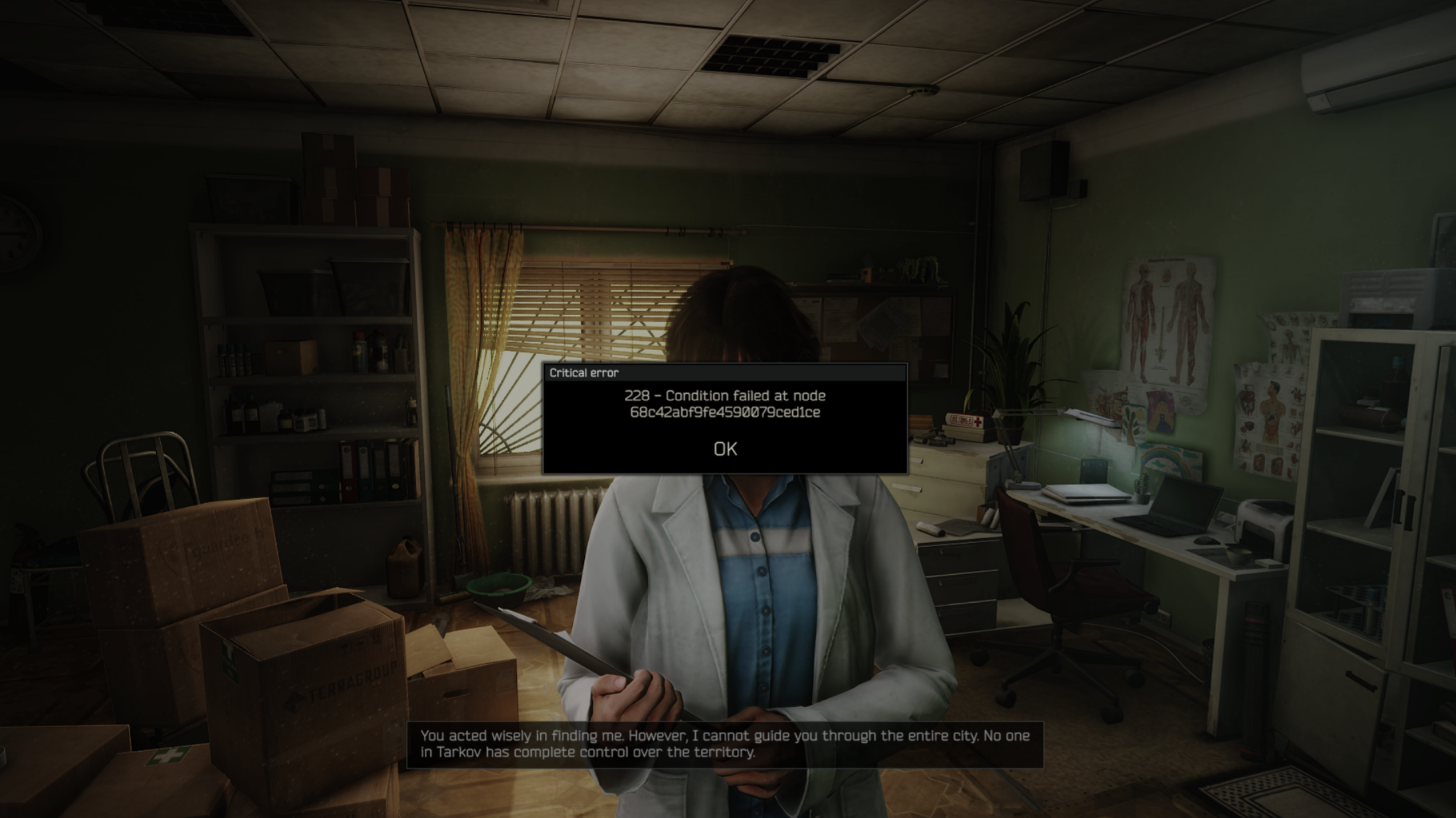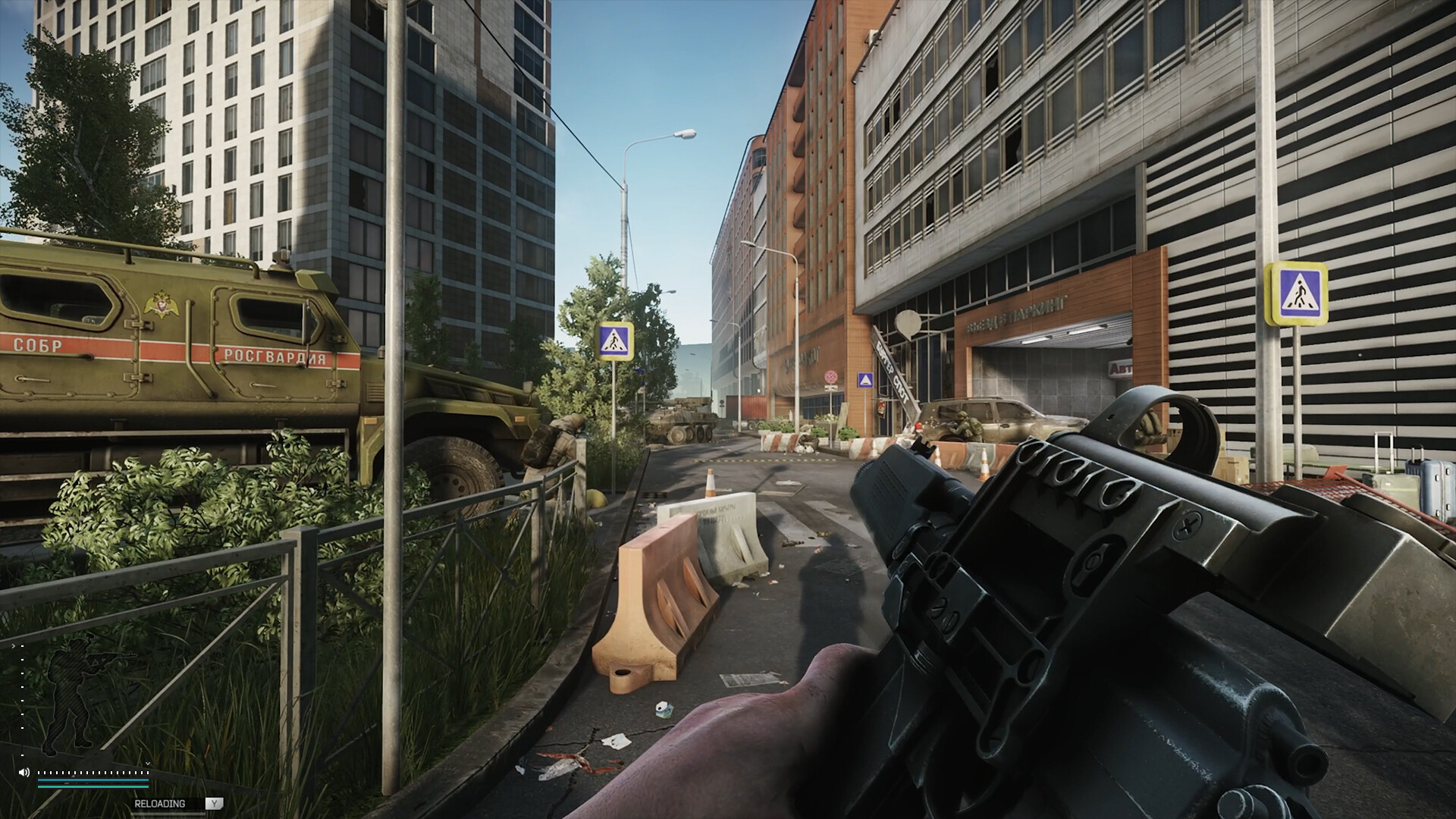While macOS 26 Tahoe supports a few Intel-based MacBooks, Apple’s developer document suggests macOS 27 will phase out all support for them.
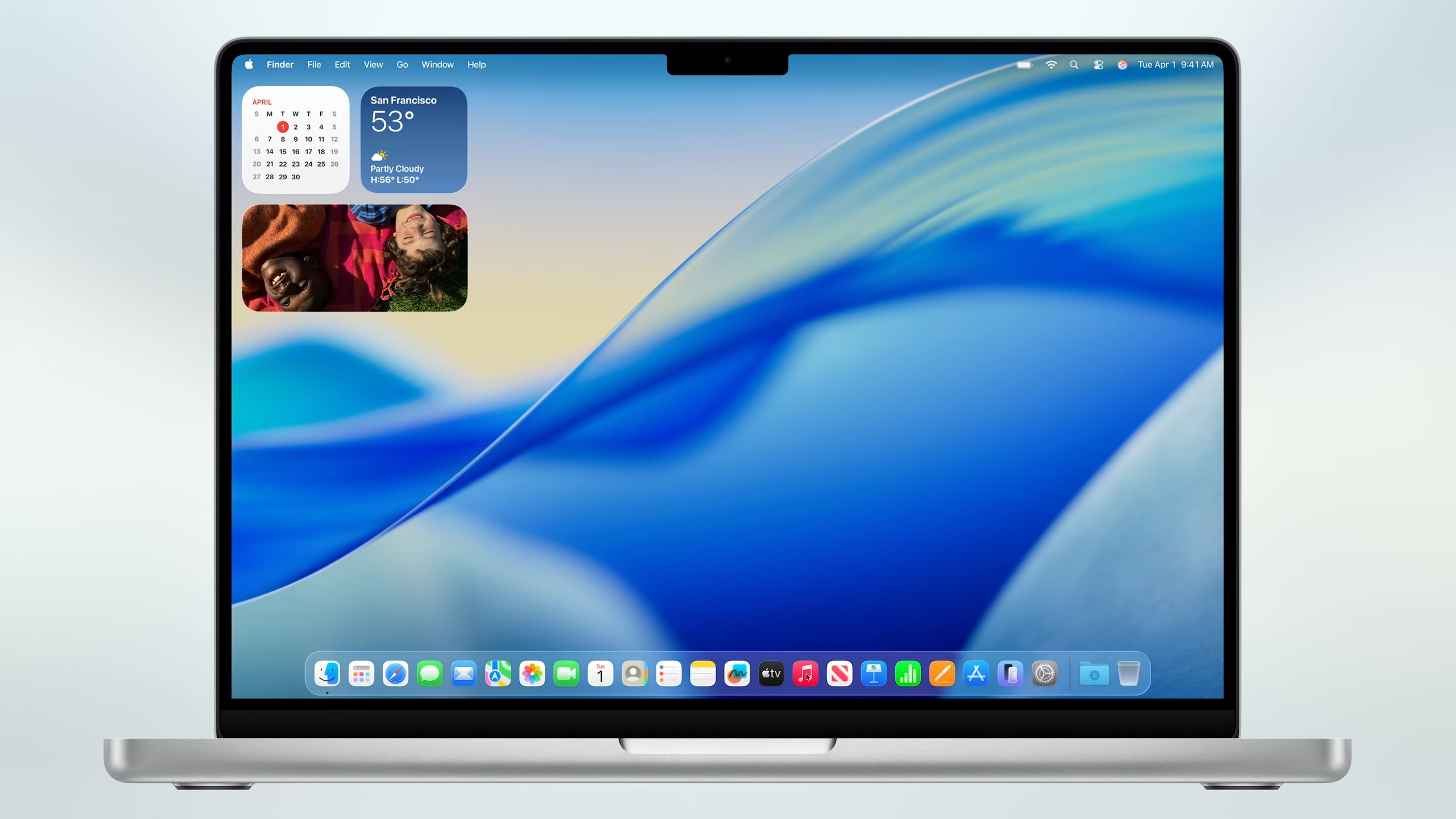
Apple showcased the upcoming macOS 26 Tahoe with a lot of new features and a significant design change for the first time. Many expected this version not to support the older Intel-based MacBooks, but it still did. However, a new developer document from Apple now confirms that macOS 26 Tahoe will be the last macOS to support its Intel laptops. Therefore, the macOS 27 version will be exclusively for MacBooks with Apple M-series chips only.
The Apple document also reveals that the company will phase out the Rosetta 2 translation layer when macOS 28 is released. In this article, we will discuss the future of macOS and its support for Intel-based MacBooks.
Note: Some aspects of this article are subjective and reflect the writer’s opinions.
macOS 27 Will Fully Drop Support for Intel MacBooks
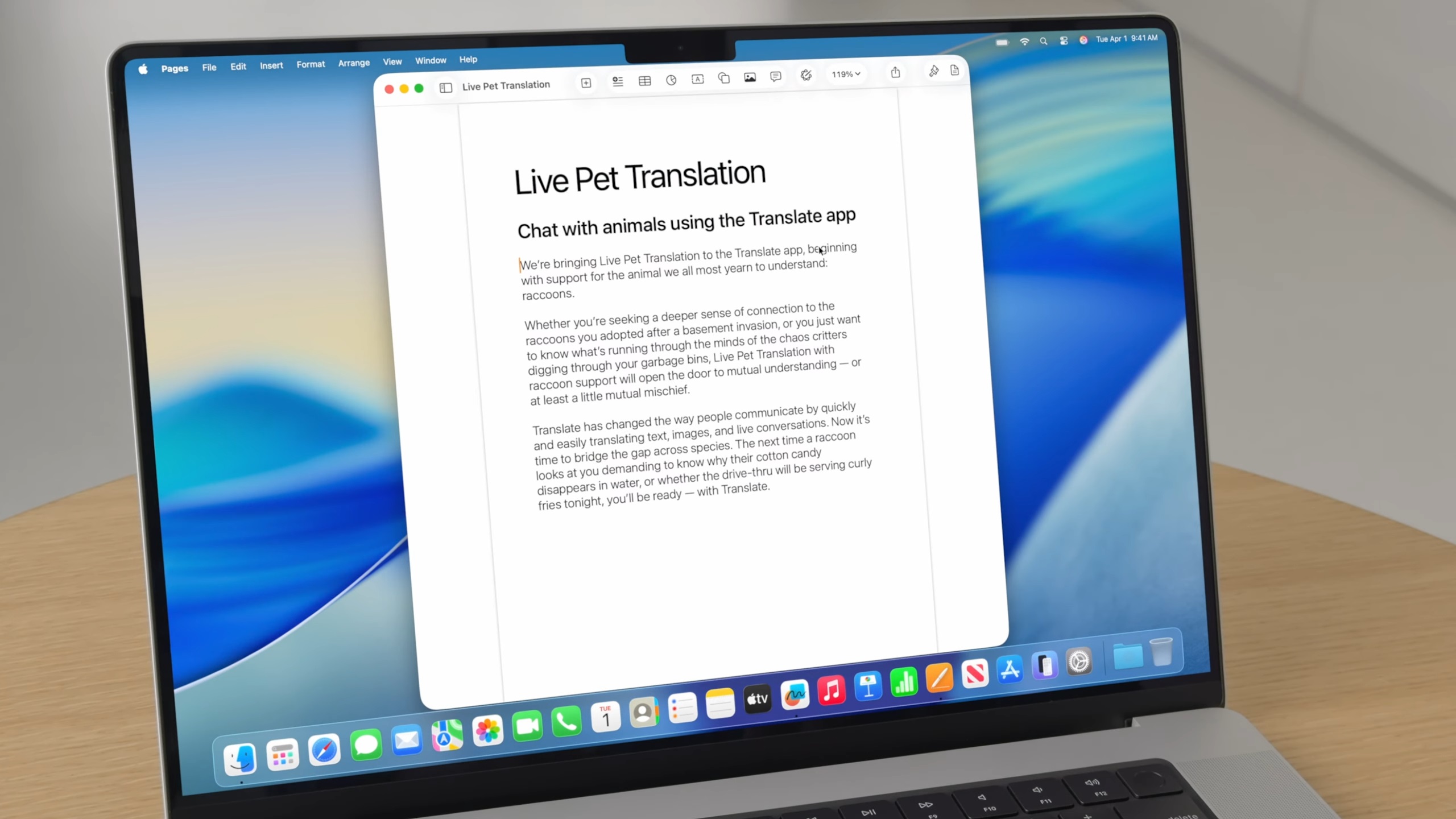
According to an official Apple Developer Document, the Cupertino tech giant says macOS Tahoe will be the last OS release for Intel-based MacBooks and other Mac devices. Therefore, when Apple announces the macOS 27 version next year, none of Apple’s Intel devices will support it. For context, macOS 26 Tahoe supports four Mac devices: MacBook Pro (16-inch, 2019), MacBook Pro (13-inch, 2020, Four Thunderbolt 3 ports), iMac (Retina 5K, 27-inch, 2020), and Mac Pro (2019). Therefore, all four of them will lose support for the next release of macOS.
However, Apple mentioned that they will still receive security updates for three years, so it’s still not such gloomy news. After all, most people knew this would happen sooner or later.
Apple Plans To Phase Out Rosetta 2 With macOS 28
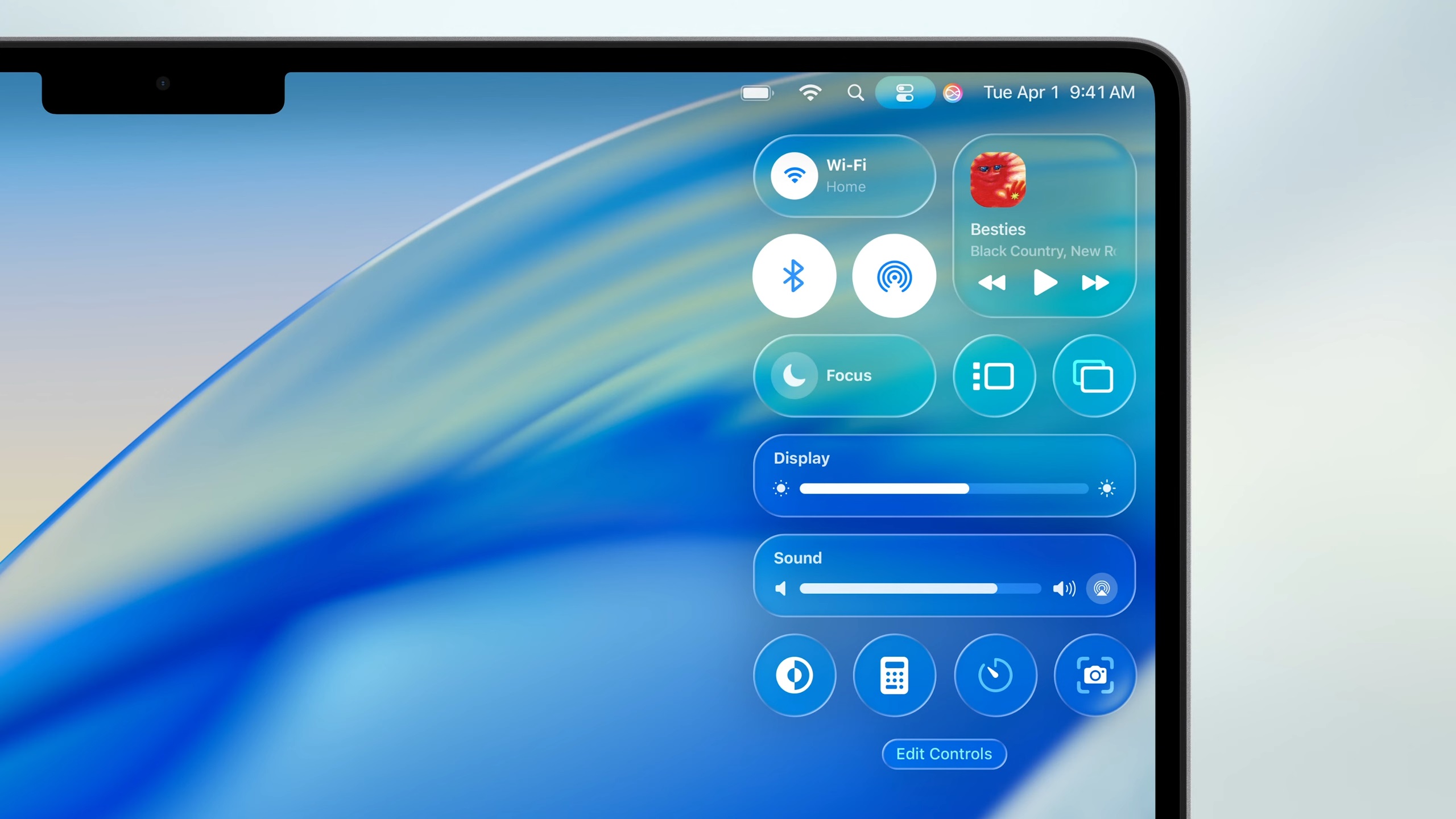
The Apple Developer Document also mentioned that the Rosetta 2 translation layer will lose support after macOS 27. Apple created Rosetta 2 to allow Intel-based x86 apps to run on the new M-series MacBooks while developers take the time to implement official support for the Apple M-series ARM chips. However, after five years, a majority of macOS natively supports the new M-series CPUs, so keeping prolonged support for Rosetta 2 is not something the company wants.
Apple will start phasing out Rosetta 2, starting with macOS 28, which is still a while away. Therefore, app developers will still have more than enough time to port their apps over to the new M-series CPUs. However, Apple will still keep enough of Rosetta 2 functionality left inside macOS 28 to allow older games to run on MacBooks with M-series processors. There are many older games that are no longer maintained and probably won’t be ported over for the new M-series chips. Most x86 apps will not work after macOS 28’s release.
We provide the latest news and “How To’s” for Tech content. Meanwhile, you can check out the following articles related to PC GPUs, CPU and GPU comparisons, mobile phones, and more:
- 5 Best Air Coolers for CPUs in 2025
- ASUS TUF Gaming F16 Release Date, Specifications, Price, and More
- iPhone 16e vs iPhone SE (3rd Gen): Which One To Buy in 2025?
- Powerbeats Pro 2 vs AirPods Pro 2: Which One To Get in 2025
- RTX 5070 Ti vs. RTX 4070 Super: Specs, Price and More Compared
- Windows 11: How To Disable Lock Screen Widgets
 Reddit
Reddit
 Email
Email

